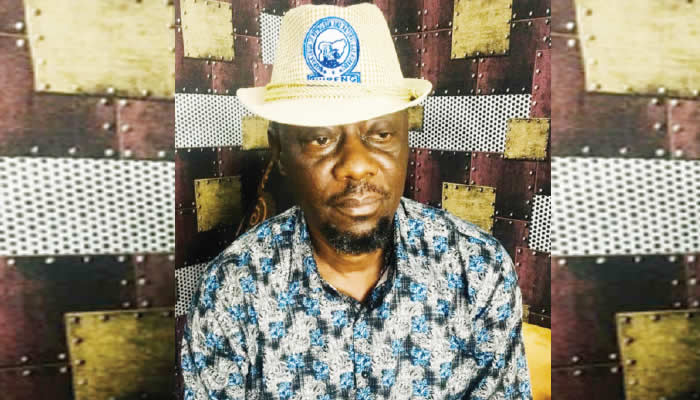Nigeria’s pursuit of enhanced refining capacity has taken a significant stride forward with the Petroleum Products Retail Outlet Owners Association of Nigeria (PETROAN) forging a partnership with three oil companies – Claridge Petroleum Company Ltd, Oasis Petrochemical Products Limited, and Afrintech – to establish a new refinery. This collaborative venture aims to construct a refinery with a production capacity of 50,000 barrels per day, strategically located in Akwa Ibom State. The primary objective, as emphasized by PETROAN’s National President, Billy Gillis-Harry, is to provide Nigerians with access to more affordable fuel, thereby alleviating the financial burden on consumers. This agreement represents a shift from PETROAN’s initial plan to import cheaper fuel, a strategy subsequently abandoned in favor of domestic refining in alignment with a broader stakeholder agreement to curtail fuel importation.
The decision to establish a local refinery reflects PETROAN’s commitment to long-term fuel price stability and national energy security. By transitioning from importation to domestic production, the association aims to insulate the Nigerian fuel market from the volatile global oil market, contributing to a more predictable and sustainable pricing environment for consumers. This initiative also aligns with the national goal of reducing reliance on imported petroleum products, fostering self-sufficiency in the energy sector and potentially generating employment opportunities within the country. The focus on domestic refining underscores PETROAN’s recognition of the inherent limitations and long-term unsustainability of relying on imported fuel to meet Nigeria’s energy needs.
The financial framework of the project involves the three oil company partners funding the refinery’s construction, while PETROAN, leveraging its extensive network of retail outlets, will serve as the primary off-taker of the refined products. This symbiotic arrangement ensures a guaranteed market for the refinery’s output while simultaneously providing PETROAN with greater control over pricing and distribution, allowing them to implement their affordability-focused strategy. The specifics of the agreement are still being finalized, with the transaction process expected to be completed within the next few weeks. This period will likely involve detailed negotiations and legal formalities to solidify the partnership and establish a clear roadmap for the refinery’s development and operation.
PETROAN’s vision extends beyond merely establishing the refinery. The association has proposed the creation of a dedicated “energy bank of Nigeria” with an initial capitalization of N100 billion. This institution, modeled after the Bank of Industry and the Bank of Agriculture, would provide single-digit interest loans to businesses in the downstream petroleum sector, further stimulating growth and investment in this critical area. While the refinery project takes center stage, PETROAN acknowledges the potential for importing other deregulated petroleum products like diesel and base oil in the interim. This temporary measure aims to address immediate market needs while the refinery construction progresses, ensuring a consistent supply of essential petroleum products.
The anticipated timeline for the refinery’s completion is estimated between three to five years, reflecting the complexities involved in such a large-scale infrastructure project. Despite the considerable resources and time required, PETROAN emphasizes the long-term benefits of the project, highlighting the forward-looking nature of the agreement and its potential to revolutionize Nigeria’s fuel landscape. The association is confident that the agreed-upon conditions will be adhered to, ensuring that the refinery operates in accordance with PETROAN’s vision of providing affordable and accessible fuel to all Nigerians. This commitment to long-term affordability is a cornerstone of the project, differentiating it from other refining initiatives and showcasing PETROAN’s dedication to consumer welfare.
Addressing potential regulatory hurdles, Gillis-Harry, PETROAN’s President, dismissed concerns about bottlenecks in obtaining approvals from the Nigerian Midstream and Downstream Petroleum Regulatory Authority (NMDPRA). He asserted that the NMDPRA operates transparently and grants licenses based on merit and fulfillment of regulatory requirements. This assurance aims to dispel any doubts about the project’s viability and underscores PETROAN’s confidence in navigating the regulatory landscape. The statement further emphasizes the importance of meeting the necessary qualifications for refinery licensing, highlighting the partners’ commitment to adhering to industry standards and regulations. With existing refineries like Dangote and Port Harcourt already producing petrol, diesel, and kerosene, and others like Warri focusing on diesel and kerosene production, this new refinery is poised to further bolster Nigeria’s domestic refining capabilities, contributing significantly to the nation’s energy independence and economic growth.


